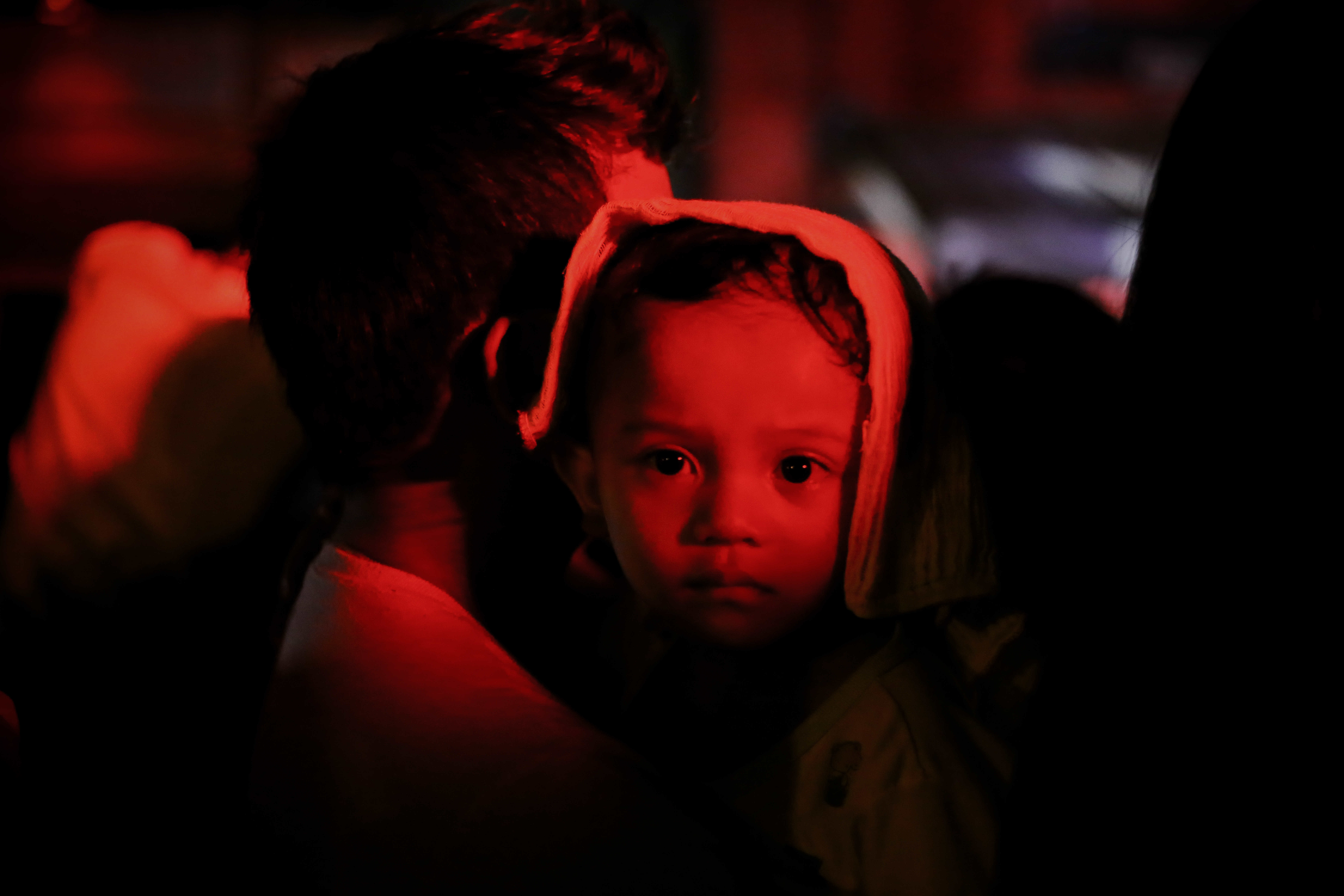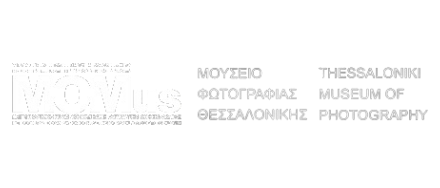The war on drugs in the Philippines is a campaign against drugs only in concept. On the ground, it is mass slaughter, systematically targeting poor communities through the police operation known as Oplan Tokhang. Police reports revolve around the same scripts: street peddlers who tried shooting at cops during a drug bust were killed in self-defence, men with a history of drug use tagged in the “watch list” were assassinated
by unidentified suspects on motorcycles, bodies dumped on the roadside wrapped in tape are classified by authorities as deaths under investigation. Since it was launched in July 2016, human-rights groups estimate that there have been around 30,000 deaths, while the police claim their numbers are much lower at 6,221, according to data released in December 2021 by the Philippine Drug Enforcement Agency. These murders, often exposed to the public, are seldom challenged in the local courts. Families lack the resources to build a case, let alone pursue one. They are left to pin their hopes for justice on the International Criminal Court. Out of the few cases that have made it to the local courts, in only three instances cops have been prosecuted and found guilty of murder. The killings left a stigma on affected
families and sowed distrust in their communities. Their experiences echo the same themes: trauma, desensitization to violence, impunity, and never-ending grief. Some of them found hope through grief- and justice-oriented networks that served as a support system among the families of victims, helping them to
heal and find courage together, while building a community of their own. At the end of President Duterte’s term, the five-year lease for graves of victims in public cemeteries started to expire. If the families could not afford to renew the lease or move the remains, the bodies would be discarded to make room for
new victims. The war on drugs was only supposed to last six months but with the coming to power of Ferdinand Marcos Jr., the killings continue, and the prospect for justice remains bleak



